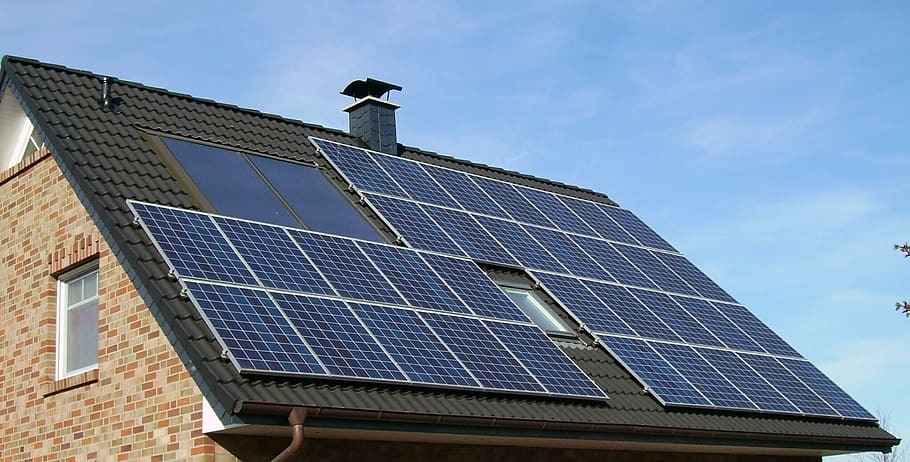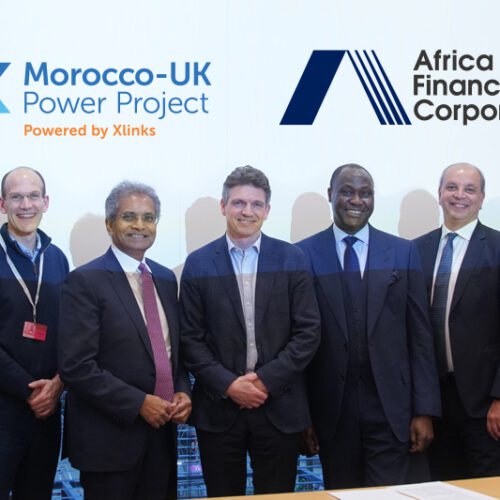The UK government has today announced a £90 million investment package for projects focused on reducing emissions from heavy industry and homes.
While the bulk of this (£70 million) will go to developing hydrogen projects, £20 million has been earmarked for local energy projects. This will go to ten local demonstration phase smart energy projects, located across the country.
The projects, which form part of UKRI Local Smart Energy Designs, include:
- West Midlands Regional Energy System Operator (RESO) – developing innovative local energy services for Coventry
- GIRONA project – Coleraine, Causeway Coast and Glens, where a micro-grid of nearly 100 homes will be established, powered by wind
- Peterborough Integrated Renewables Infrastructure (PIRI) – a integrated electrification, mobility and heat provision project
- GreenSCIES 2 – Green Smart Community Integrated Energy Systems – looking to create a smart grid in Islington (London)
- Zero Carbon Rugeley – a project that will see 2,300 houses being built in the former ENGIE Rugeley Power Station.
- GM Local Energy Market – creating a local energy market for the Greater Manchester area
- Project REMeDY – spearheading a Revolution in Energy Market Design – will develop Horizontally Integrated Vertical Energy Systems (HIVES) inSouthend
- Energy Kingdom – focuses on developing diverse, local seed markets to support the transition to hydrogen and renewables in Haven
- Multi-vector Energy Exchange – develop interaction within the energy system to create a more flexible and dynamic system in Liverpool
- REWIRE-NW – based in Warrington, this project will use 5G and data-centric intelligence to help drive the local energy systems towards lower costs
The government says that over 250,000 people could have their homes powered by local renewable sources by 2030, which could reduce energy bills by 50%.
The remaining £70 million – allocated for hydrogen – is to include funding for 2 of Europe’s first-ever low carbon hydrogen production plants.
Speaking at one of the hydrogen projects awarded funding today – the Gigastack project in Grimsby – Kwasi Kwarteng, minister for Business, Energy and Clean Growth, said that cleaning up emissions from industry and housing was a “big challenge”.
“But today’s £90 million investment will set us on the right path as we develop clean technologies like hydrogen.
“This is an important part of our world-leading efforts in eliminating our contribution to climate change by 2050 while also growing our economy.”
An additional £3 million is also being awarded to UKRI Key Technology Components for Local Energy Systems demonstration phase projects.
The funding forms part of the Department for Business, Energy and Industrial Strategy’s £500 million innovation fund.
Along with the support for local energy projects, heavy industry will receive a further £18.5 million of funding for projects developing and trialing technologies to move industrial concrete and glass production away from fossil fuels and onto renewables.
David Smith, chief executive of Energy Networks Association welcomed the funding for hydrogen, saying: “This is a win for sustainability and demonstrates that gas, as well as electricity, must be part of the road to achieving net zero emissions by 2050.
“Gas network companies are already world-leading when it comes to innovating and readying our infrastructure to deliver hydrogen to consumers. We need to build on and develop this expertise further to ensure the UK remains at the forefront.”
The funding announcement is one of Kwarteng’s first actions since his job was confirmed as safe in the cabinet reshuffle last week. However, other key energy positions in the government changed, with Alok Sharma taking over as energy secretary and minister for COP26.





